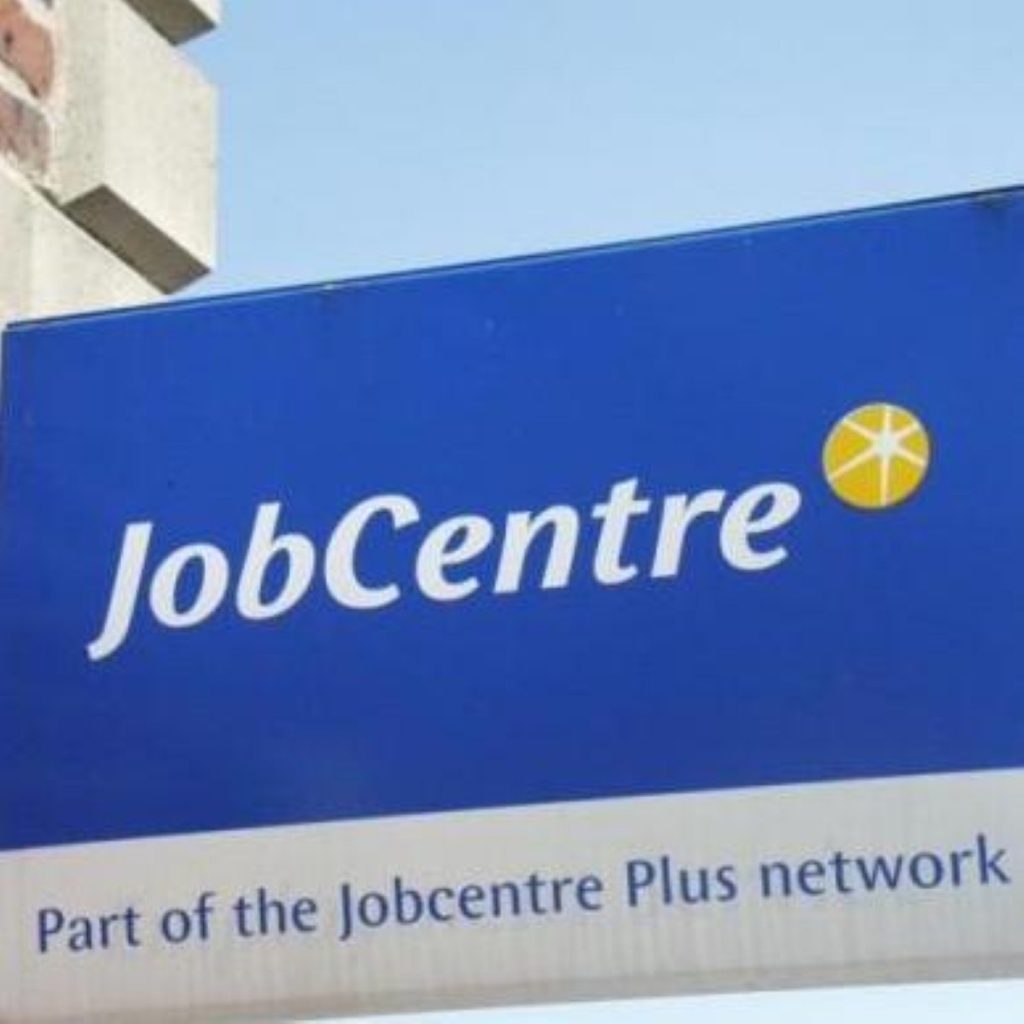Analysis: And finally, here come the policies
By solving Britain’s unemployment woes, the Conservatives are showing just how seriously they’re preparing for government. Focusing on work should get them into power, but may not take them much further.
By Alex Stevenson
The difference between Brighton and Manchester is striking. Down on the south coast, Labourites reflected uneasily on their 12 years in power. Their robust defences of their very real achievements cheered them up. The nagging worries about what might have been sapped away their confidence. With a general election looming, New Labour looked very old indeed.
Now to the north, and the crisp autumnal air of a reinvigorated Tory party. It has looked like forming the next government for many months, if not years, despite the persisting importance of two questions: have the Conservatives got any real policies? And do the people love David Cameron?


The Get Britain Working package which Cameron wants to form the “centrepiece” of this year’s conference is the first such comprehensive set of serious proposals emerging from the opposition. A conscious effort has been made to move the dialogue on from the focus on spending cuts. Instead of the hectoring, partisan exchanges which dominated the first half of 2009 we have a series of proposals which address the harsh realities of the recession. At last, the Conservatives are showing their hand.
The way they do so is very familiar. It may be New Labour’s fault for stealing the middle ground, or perhaps it’s down to the Tories acting determinedly to reclaim the ‘progressive’ centre, but the Work Programme proposed this week is far from a radical departure. Instead it seeks to take the vast pile of programmes Labour currently provides on benefit, training and work issues and reshape them for a new purpose.
True, the market is back; but Tony Blair’s deep commitment to the market is very close to the “payment by results” promised this week. The promise to set up a “non-bureaucratic” volunteering programme appears absurd on face value – but no more so than Liam Byrne’s chirruping about improving public sector delivery. It’s no surprise the man who’s worked on these proposals used to work for the Labour government.
If the substance is more or less the same, it’s the style which becomes important in electoral terms. What gives the Work Programme the impression of being innovative and new is the diverting of all that Labour cash not to Tory goals, but to contemporary ones.
This wasn’t clear even this time last year. Alistair Darling had not delivered his Pre-Budget Report, committing Britain to a massive extension of the public debt. Britain had not yet slipped into recession. The media sniped at the lack of policies emerging from the opposition, but by holding fire the Conservatives saved themselves from embarrassing scrutiny and the inevitable modifications which circumstance would have forced upon them.
Now the economic landscape over the next five years is clear for all to see. The spectre of unemployment will linger long after GDP returns to positive growth. It can be expected to dominate the next parliament. That’s why the government controlling the next Commons must have a plan to deal with it.
By using his party’s final conference before the general election to sell these plans to Britain the Tories are ticking all the boxes. Welfare reform in the context of the general election has striking political relevance. It helps the Tories resolve that age-old policy vacuum problem. And they’re showing themselves ready for government with a focus on the issues of the day. All appears well, until you come to a nagging, unaddressed question. Will this strategy make voters fall for Cameron in the way they did for Blair 12 years ago? The answer: probably not. There’s votes in fixing unemployment, but not much optimism on offer.
This is a party gearing up for power. Its focus on fixing problems rather than offering hope means it may struggle to preserve the affection of the British people once in government.









